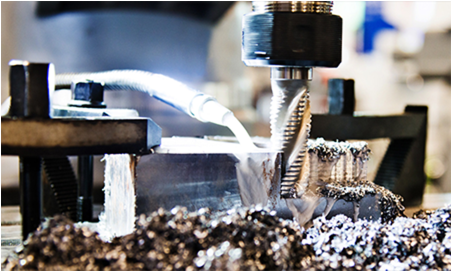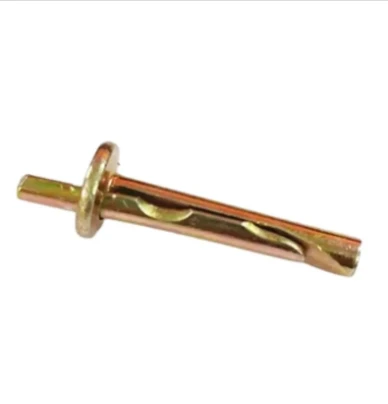feb . 11, 2025 07:09 Back to list
types of rock bolts
Rock bolts are pivotal components in the realm of geotechnical engineering, serving as indispensable tools for the stabilization of rock masses in tunneling, mining, and slope reinforcement. A nuanced understanding of the types of rock bolts is essential, not only for ensuring structural integrity but also for maximizing efficiency and safety in excavation projects. The following discussion delineates various types of rock bolts, emphasizing their unique features and ideal applications, based on years of specialized experience and authoritative insights.
4. Self-Drilling Rock Bolts Combining drilling and grouting operations into a singular procedure, self-drilling rock bolts exemplify modern engineering efficiency. They are explicitly designed for weak or loose rock formations where conventional drilling may pose challenges. The bolt acts as a drill, penetrating the rock and concurrently injecting grout to achieve stabilization. This seamless integration minimizes installation time while ensuring robust support, offering expert solutions to complex geotechnical problems. Their burgeoning popularity in both urban construction and mining projects highlights their adaptability and dependable performance. 5. Friction Bolts Friction bolts, or split set bolts, represent simplicity and functionality. These bolts rely on frictional resistance generated between the bolt and the rock surface to provide support. Expert users value friction bolts for their easy installation and capacity to accommodate movement within the rock mass. However, they are typically recommended for short-term stabilization, given their reliance on the inherent strength of the rock surface. Nevertheless, in environments where installation speed and cost-effectiveness are key, friction bolts present a viable solution. To select the appropriate type of rock bolt, it is crucial to consider the specific geological conditions, project duration, and desired outcomes. Collaboration with seasoned geotechnical experts ensures that the choice of rock bolt not only addresses immediate concerns but also aligns with long-term structural goals. The trustworthiness and authority established in the industry through decades of successful projects are clear testaments to the efficacy and reliability of these integral components. In conclusion, the diversity of rock bolts aligns with the myriad challenges presented by earth's varying geological landscapes. Each type of rock bolt possesses unique attributes that cater to different engineering requirements, underscoring the importance of expert evaluation and decision-making in project planning and execution.


4. Self-Drilling Rock Bolts Combining drilling and grouting operations into a singular procedure, self-drilling rock bolts exemplify modern engineering efficiency. They are explicitly designed for weak or loose rock formations where conventional drilling may pose challenges. The bolt acts as a drill, penetrating the rock and concurrently injecting grout to achieve stabilization. This seamless integration minimizes installation time while ensuring robust support, offering expert solutions to complex geotechnical problems. Their burgeoning popularity in both urban construction and mining projects highlights their adaptability and dependable performance. 5. Friction Bolts Friction bolts, or split set bolts, represent simplicity and functionality. These bolts rely on frictional resistance generated between the bolt and the rock surface to provide support. Expert users value friction bolts for their easy installation and capacity to accommodate movement within the rock mass. However, they are typically recommended for short-term stabilization, given their reliance on the inherent strength of the rock surface. Nevertheless, in environments where installation speed and cost-effectiveness are key, friction bolts present a viable solution. To select the appropriate type of rock bolt, it is crucial to consider the specific geological conditions, project duration, and desired outcomes. Collaboration with seasoned geotechnical experts ensures that the choice of rock bolt not only addresses immediate concerns but also aligns with long-term structural goals. The trustworthiness and authority established in the industry through decades of successful projects are clear testaments to the efficacy and reliability of these integral components. In conclusion, the diversity of rock bolts aligns with the myriad challenges presented by earth's varying geological landscapes. Each type of rock bolt possesses unique attributes that cater to different engineering requirements, underscoring the importance of expert evaluation and decision-making in project planning and execution.
Next:


